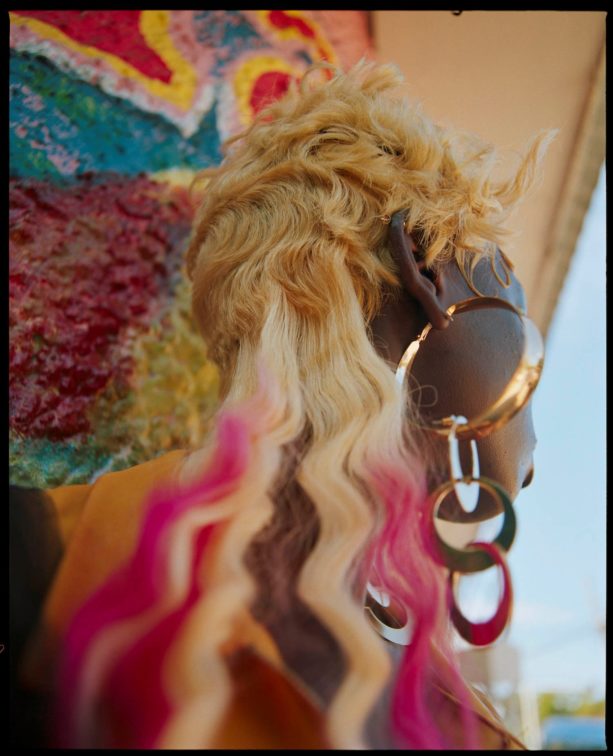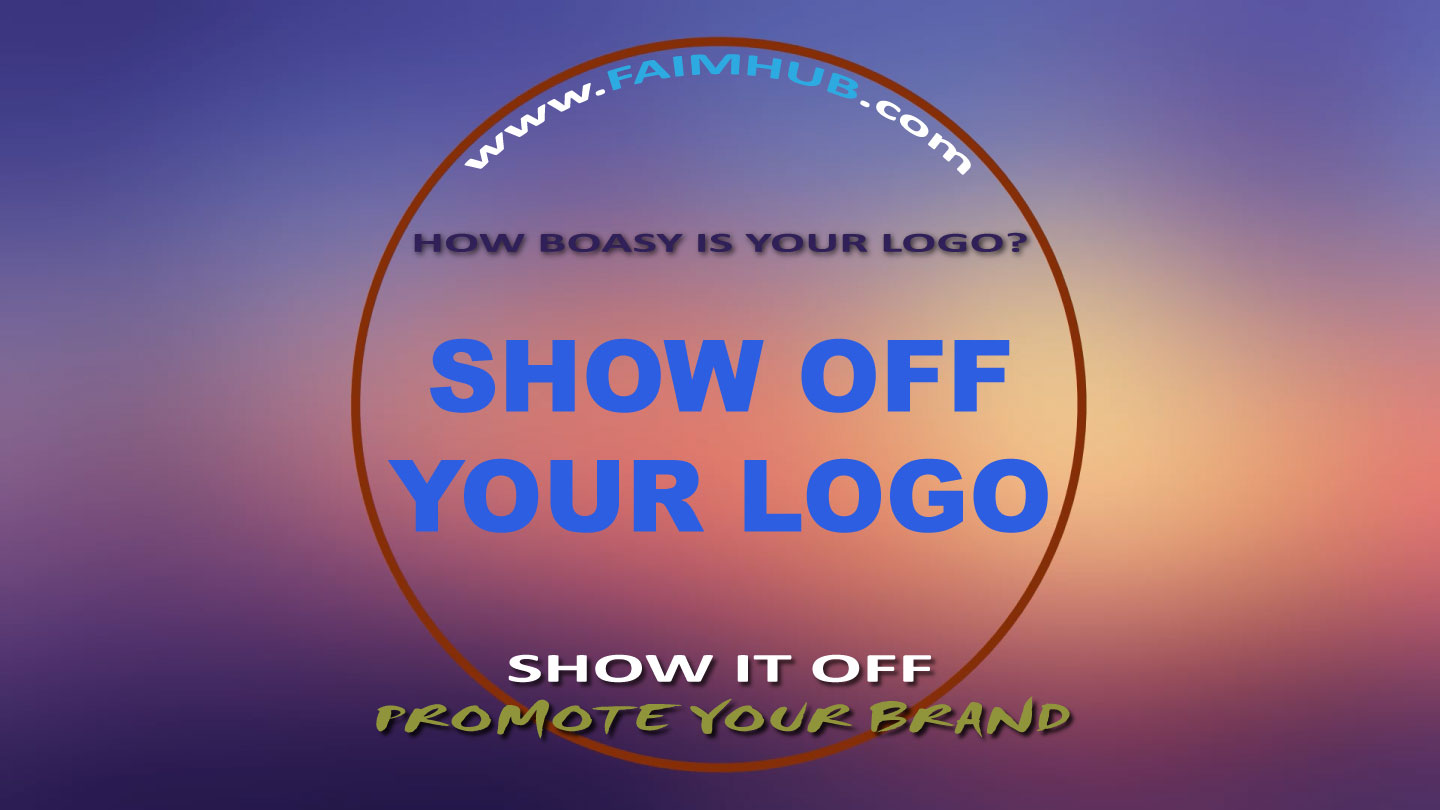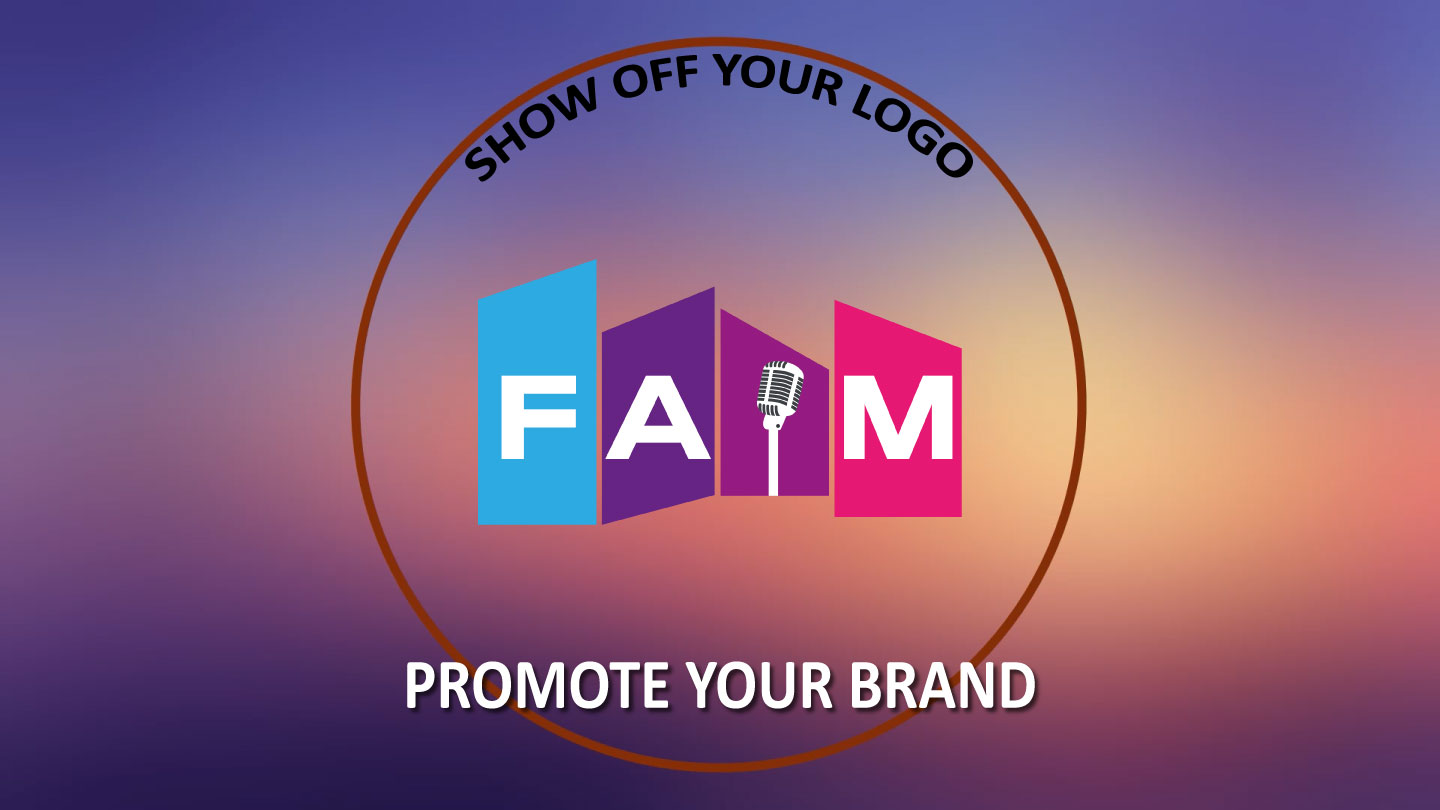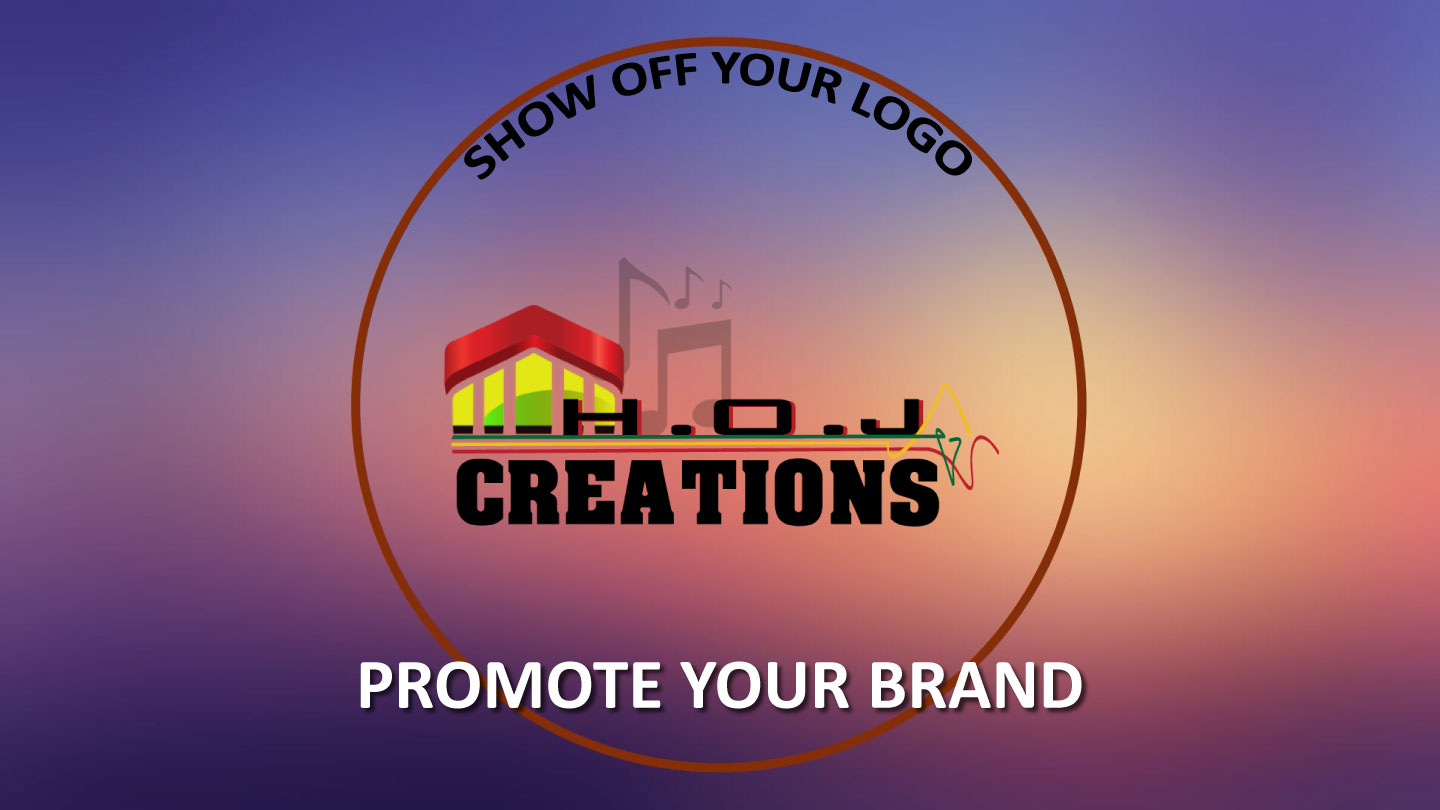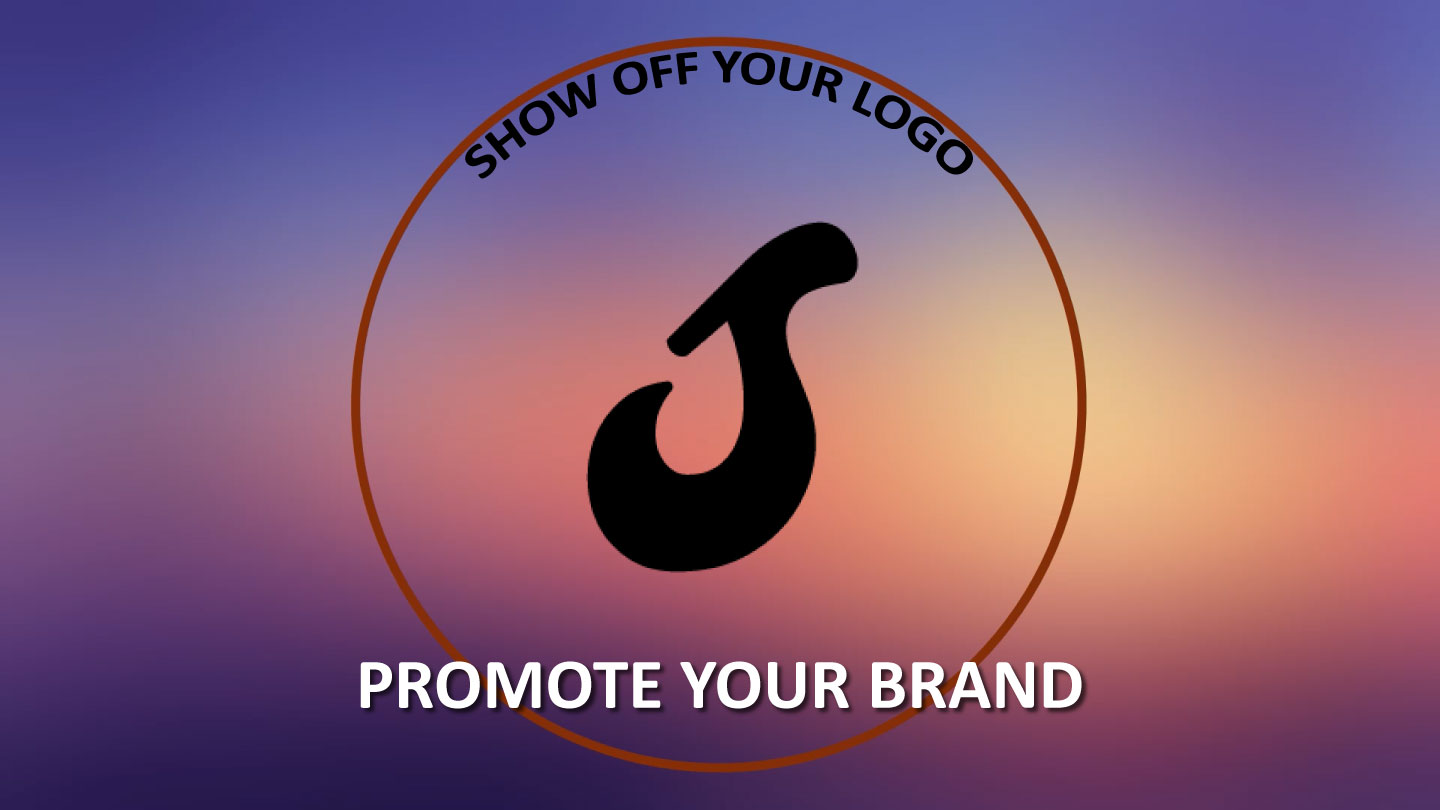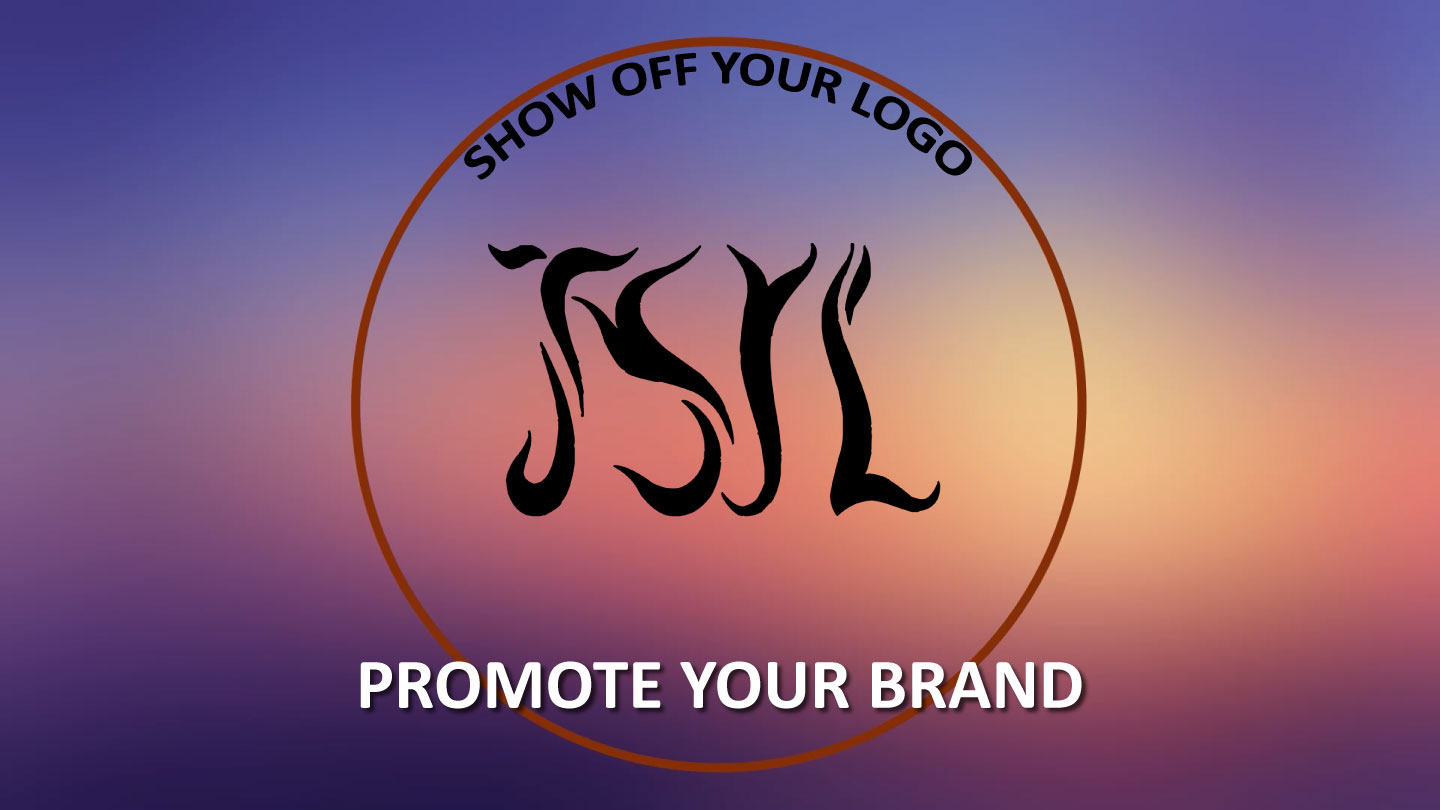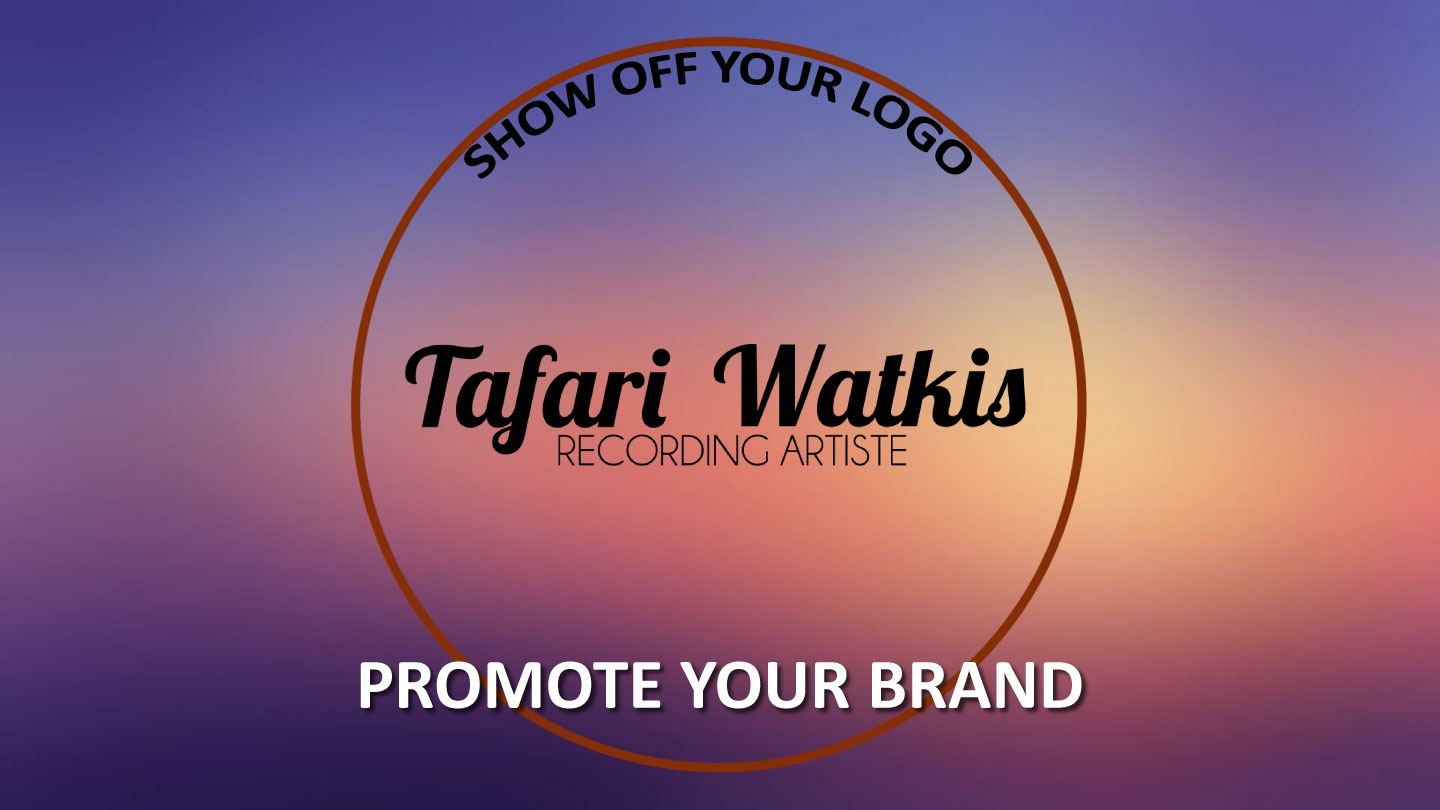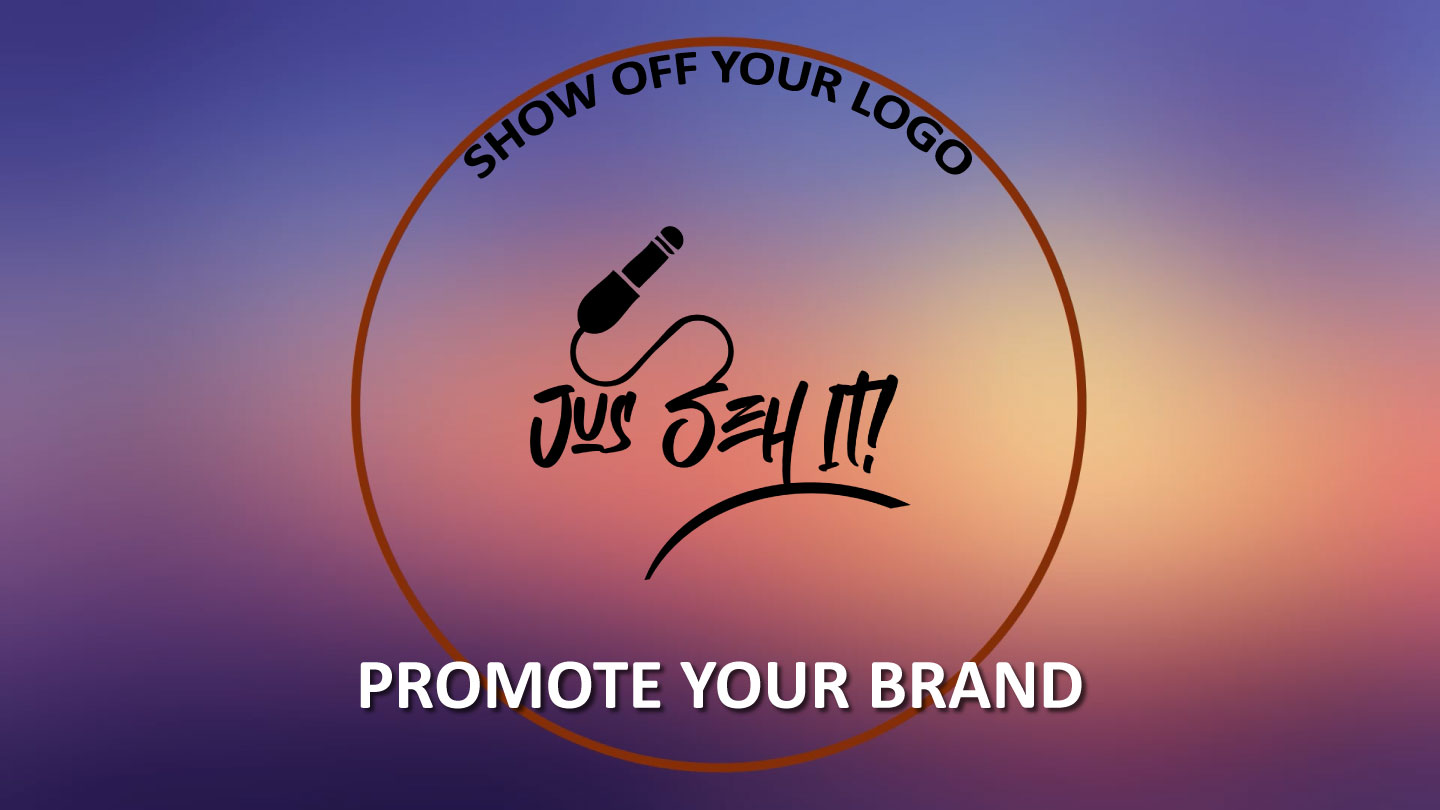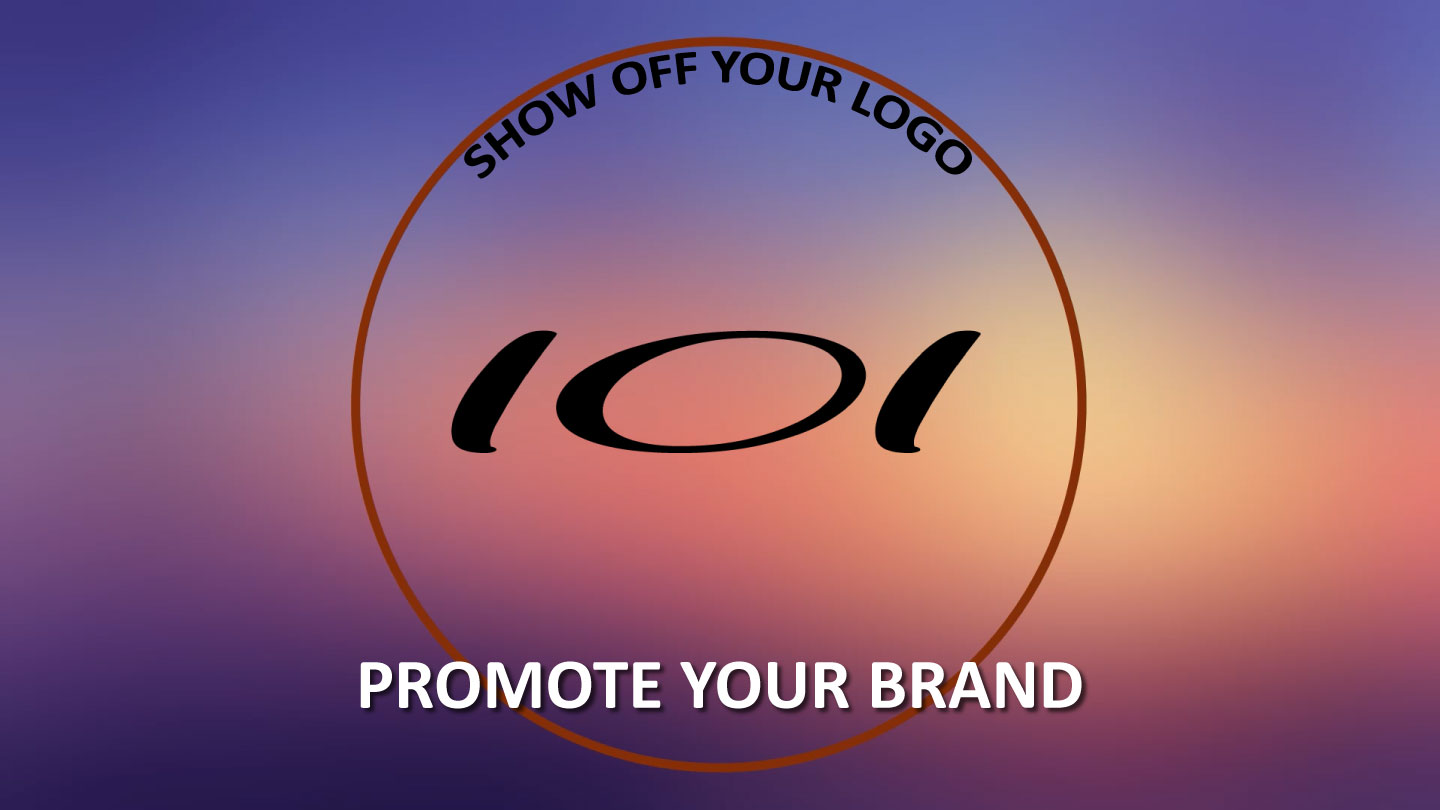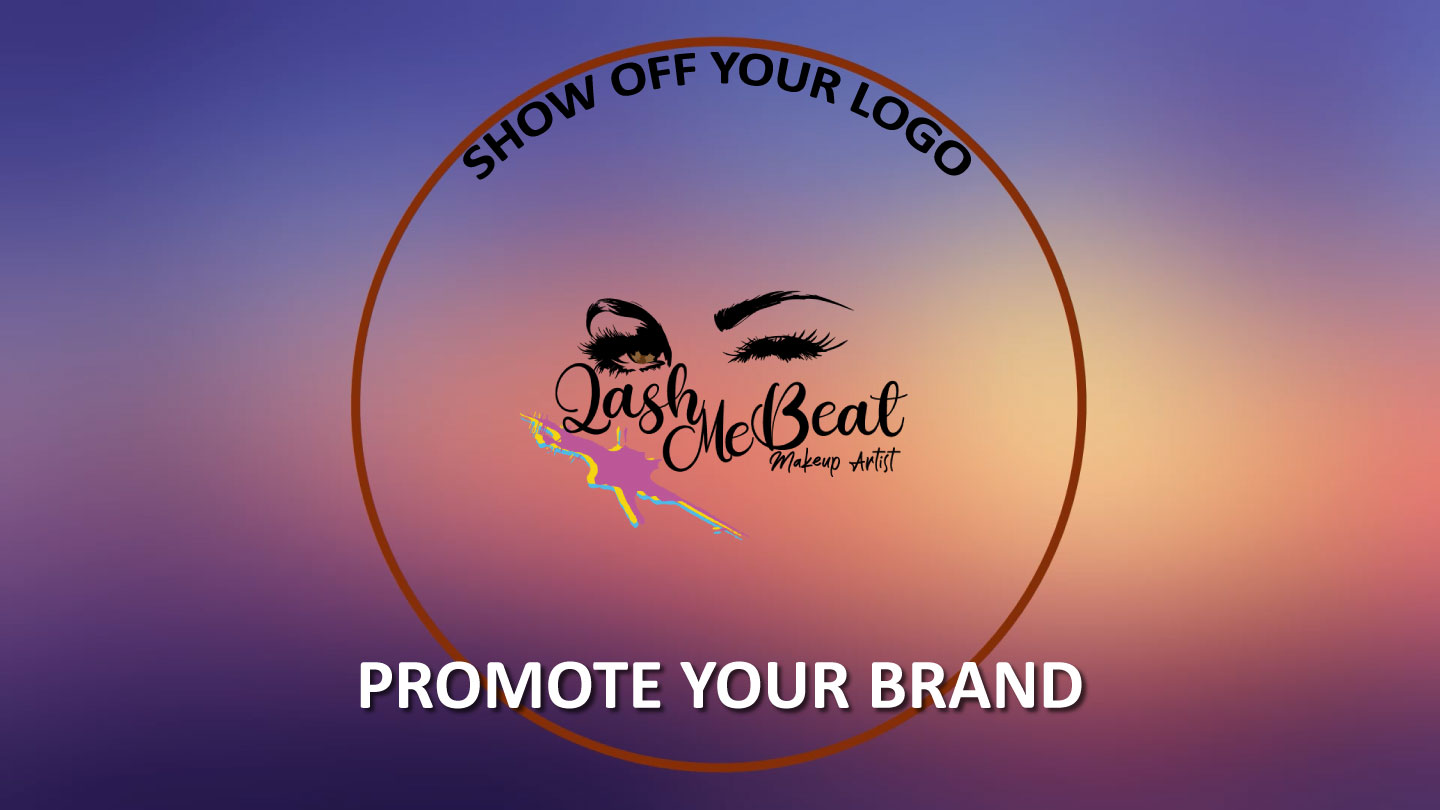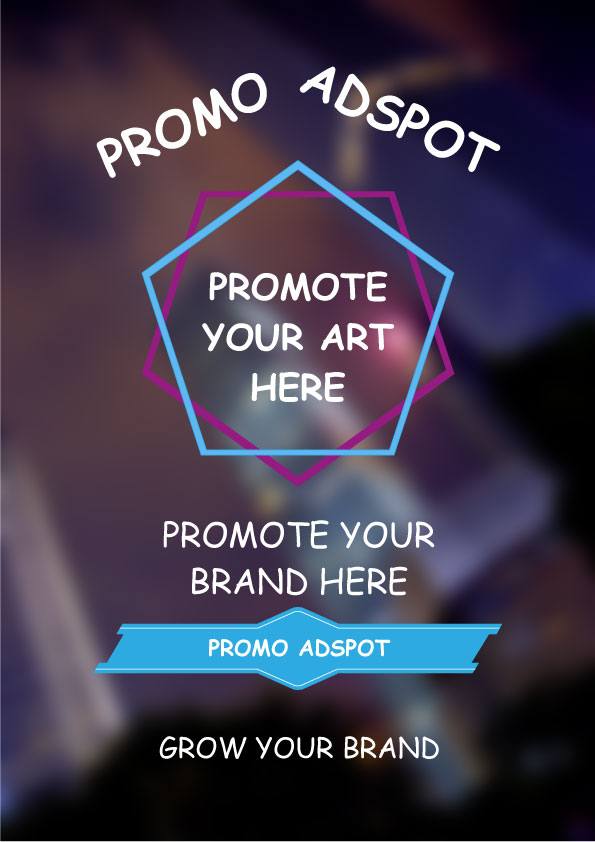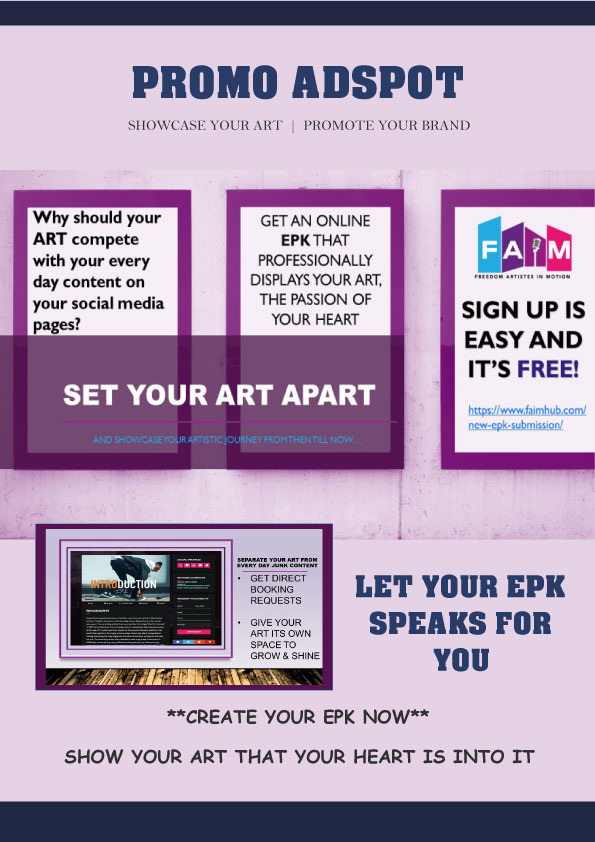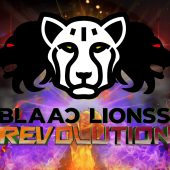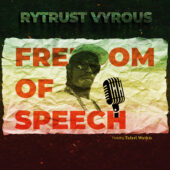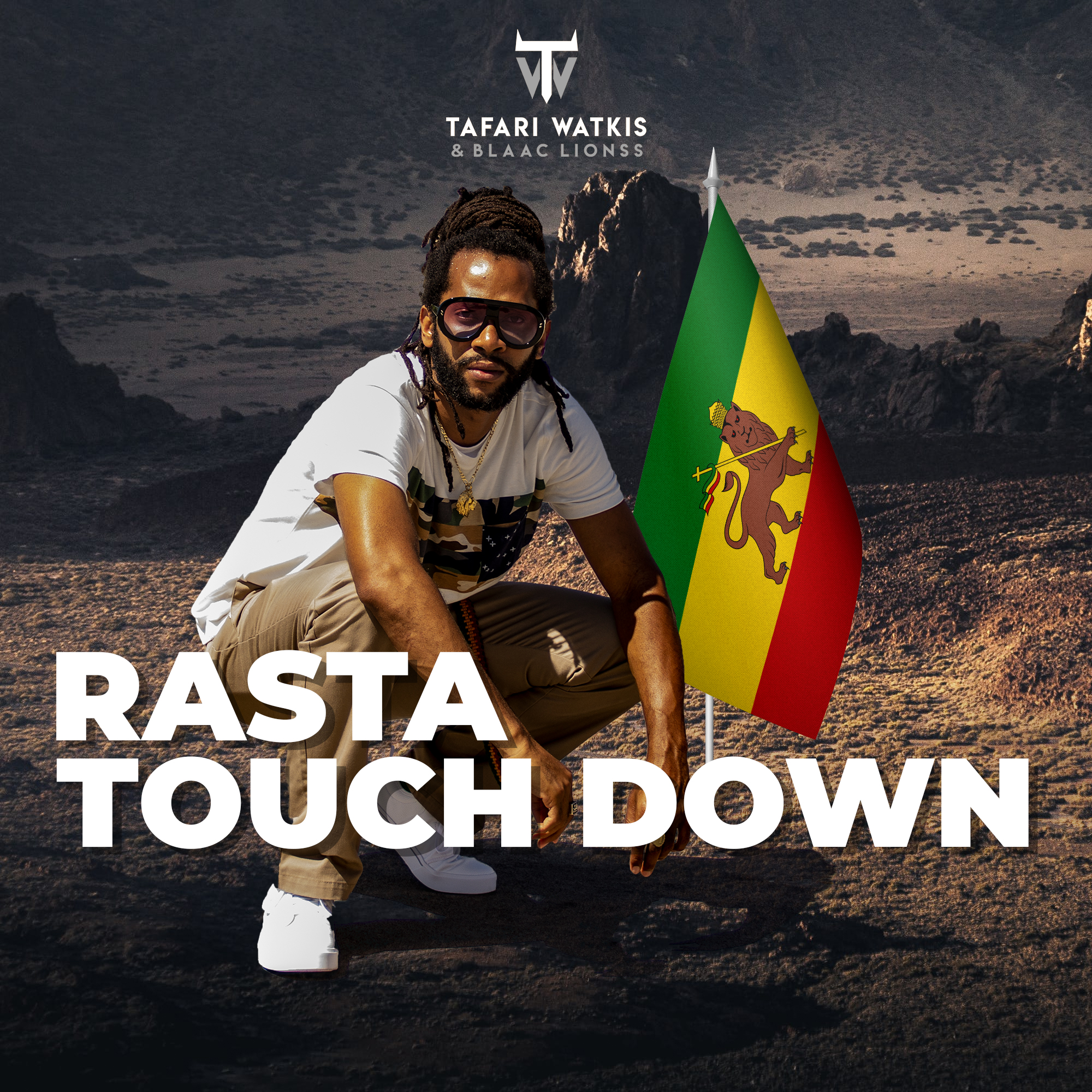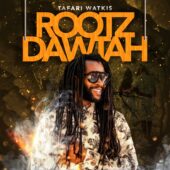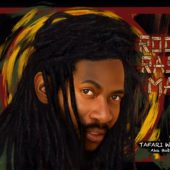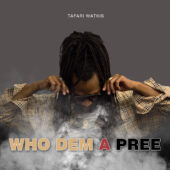NADINE IJEWERE & JAWARA ON TALLAWAH, THE EXHIBITION CELEBRATING BLACK HAIR
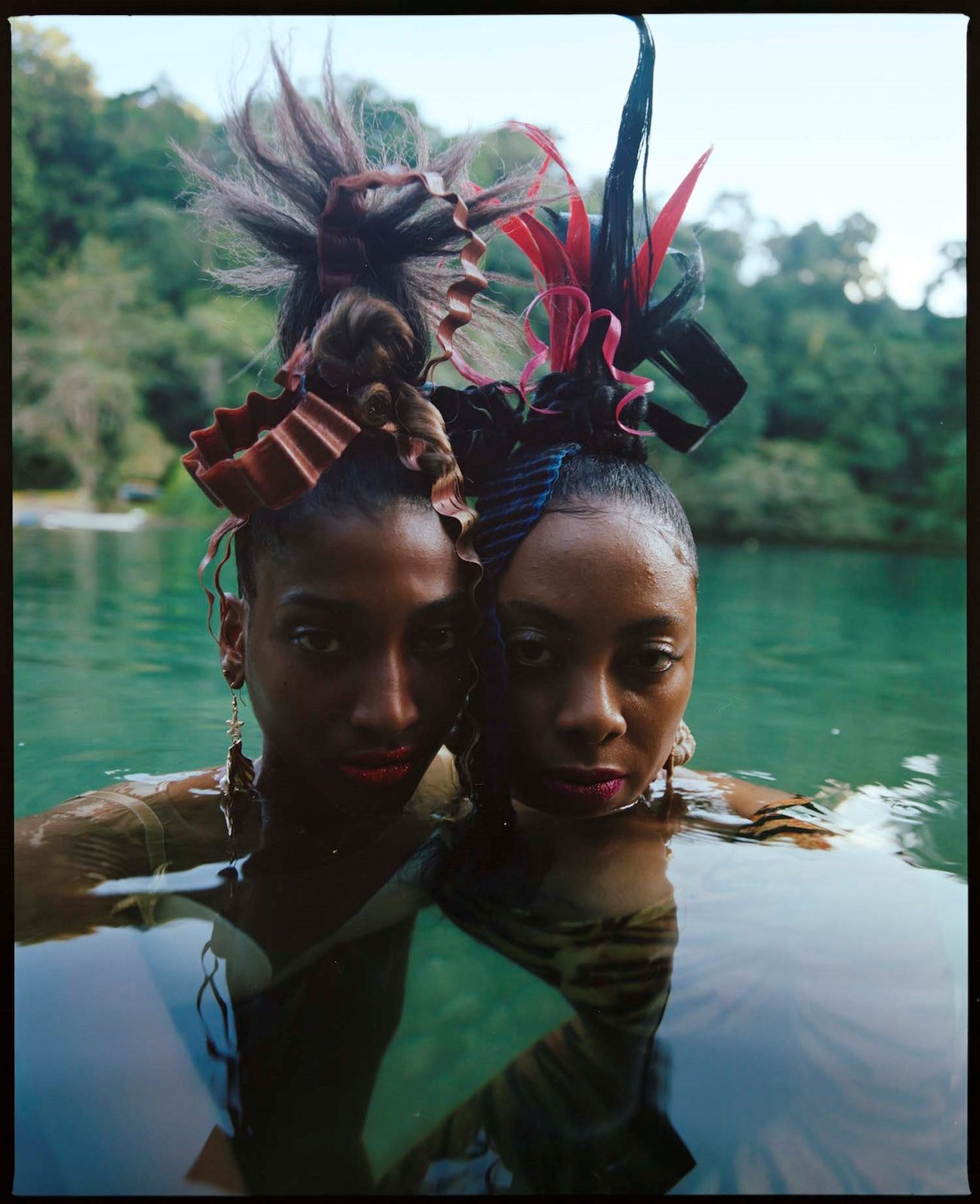
THE PHOTOGRAPHER AND HAIRSTYLIST MUSE ON THEIR CREATIVE COLLABORATION THAT FEATURES JAMAICANS FROM AROUND THE WORLD AND SHOWCASES THE POWER OF THEIR HAIR.
Welcome to Rooted, a campaign celebrating the power of black hair and the launch of ‘Tallawah’ – an exhibition by photographer Nadine Ijewere and hairstylist Jawara Wauchope. Here, we explore what the beauty of black hair is all over the globe, from Jamaica to London and New York to the screens of Nollywood films.
For people of colour, our hair is everything. That’s why conversations around cultural appropriation – and ringing the alarm on those who are guilty – are still so necessary in 2020. The culture around black hair is an intrinsic part of our community, it’s how we spend time with another, tell stories, even feed ourselves.
The importance of black hair and its cultural significance is one that is sadly lost when it comes to our white counterparts. ‘But black girls straighten their hair,’ they might bemoan and god forbid they want to use extensions. However, photographer Nadine Ijewere and hairstylist Jawara have an antidote in the form of Tallawah, an exhibition that celebrates everything black hair is and can be.
But with such an array of hairstyles, practices, techniques, where to start? Jamaica – birthplace to Jawara and half of Nadine’s heritage (the other being Nigerian). After working together on a shoot for British Vogue, the hairstylist explained he wanted to work on a book exploring black hair; Nadine, wanting to explore her Jamaican heritage wanted to visit the country for the first time, and so the project was born.
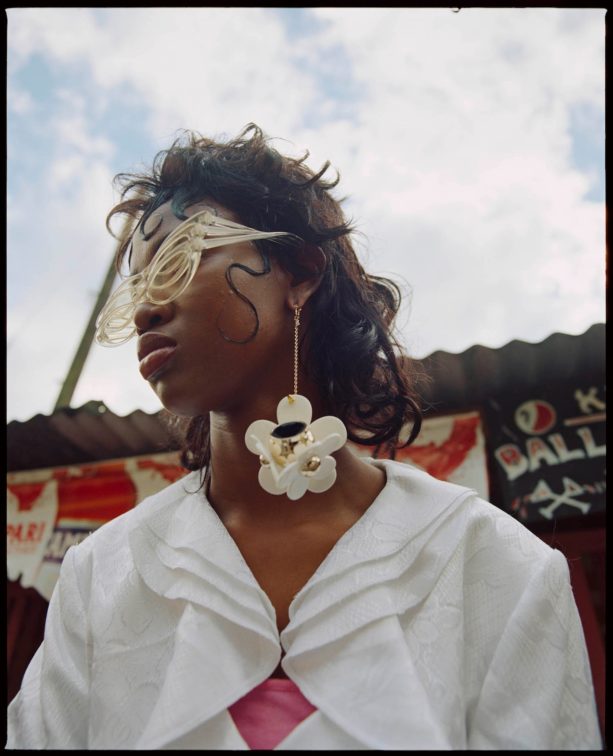
PHOTOGRAPHY NADINE IJEWERE, HAIR JAWARA
“It was an amazing experience to go there and I felt for the first time I could see why I do certain things,” the photographer tells us. “I felt a relationship and like I belonged somewhere. I keep going back because I love it so much, I feel at home there.”
The result is a truly breathtaking series of images, featuring local men and women shot around the island, sometimes appearing naturally (tsjuzed by Jawara) or sometimes with hair that rivals architectural structures, courtesy of the wig wizard himself.
Here, we speak to the creative duo about their relationships with hair, the power it has, and celebrating the true version of Jamaica.
Hair is obviously an integral part of Tallawah, what were some of your experiences with hair and identity when you were growing up?
Jawara: When I was a teenager, I experimented with my hair every single day. I dyed my hair different colours every day – I’m not really sure how I’m living now. It was just about trying to figure out who I was and what was going on. Being raised in Jamaica, I saw lots of colours in hair and I tried lots of things.
For me, hair is so important. It’s one of the most important things that people connect to and it’s often overlooked. Lots of people emotions with their hair and it can make you feel things that you might not understand. What I wanted to do with this project is to show how important to identity hair is, more important than clothes or make-up, because it’s something that on you no matter what. Even the lack of hair, you can create the identity you believe you should look like with extensions and wigs. It’s such a multifaceted thing that I’m still trying to process and figure out in my adulthood now exactly how important it is.
Nadine Ijewere: For me growing up in Kent and going to a grammar school with predominantly caucasian people, I felt like I didn’t really fit in because of my hair. I tried to do things like straighten it or wear extensions and I really struggled in terms of how I presented myself. I almost had two sets of friends; to my black friends I was too white and to my white friends I ticked off the ‘she’s a white-black girl’ box. Even now, I’m referred to as the white one by my black friends. It’s just because of the way I speak or my mannerisms.
I’ve always found it difficult to find myself within that and I’m still trying to find myself, so it was important to do projects like this, where I can go and explore my heritage. I just want to find a connection somewhere. With Jamaica – I’m half Nigerian too – I feel like I connect more with it and that side of me.
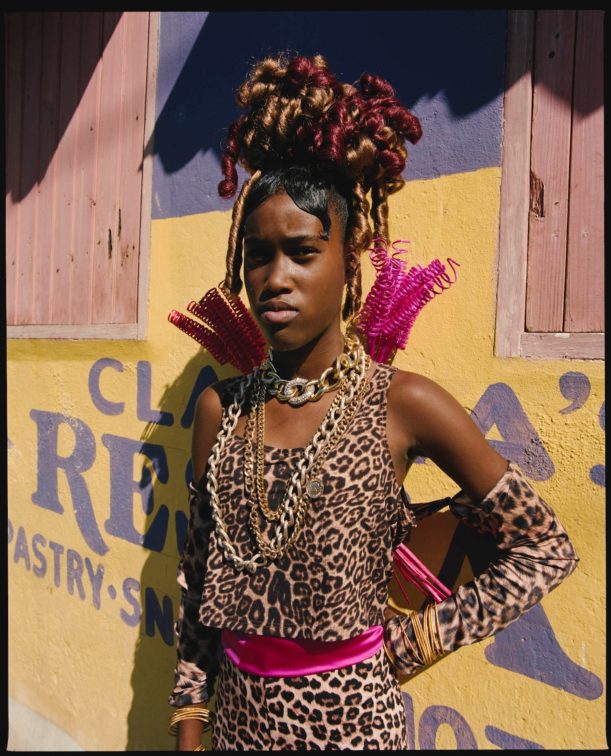
PHOTOGRAPHY NADINE IJEWERE, HAIR JAWARA
What do you think the power of hair – and black hair specifically – is?
Jawara: I started doing hair at a young age, but I would see people come into the salon feeling bad or down and leaving happy. When Jamaicans have their hair done, life is completely different. Everything is great.
Nadine Ijewere: You have this sense of confidence, you feel like this new person – I love it.
Jawara: I’ve always been committed to the emotion of feeling one way and then feeling a completely different way once you have your hair done – especially if you’re living in a society where you’re constantly trying to fit in. Sometimes you just want to feel good about yourself and hair is very, very important to that. That’s what we tried to capture with Tallawah.
What was the starting point for Tallawah?
Jawara: We spoke about it a few times when we were working together. Nadine was talking to me about her heritage and wanting to explore her Jamaican side more because I was telling her about my Jamaican family and experiences growing up there. Over time, we decided to do something about it.
Nadine Ijewere: Yeah, I spoke about not knowing much about that side and then organically from there it just grew. We both decided to do something positive here and I think elements of that intertwine with each other.
Was it the first time you’d visited Jamaica?
Nadine Ijewere: Yeah that was the first time I’d been. My mum is Jamaican but she’s never been. My parents are very westernised, so they’ve never been. They know how to cook national dishes and stuff like that, but there’s never really been that element of identity when I was growing up. They’re very British, so I sort of came out that way too. As I’ve gotten older, I’ve been interested in finding out where I’m from and why I have certain mannerisms.
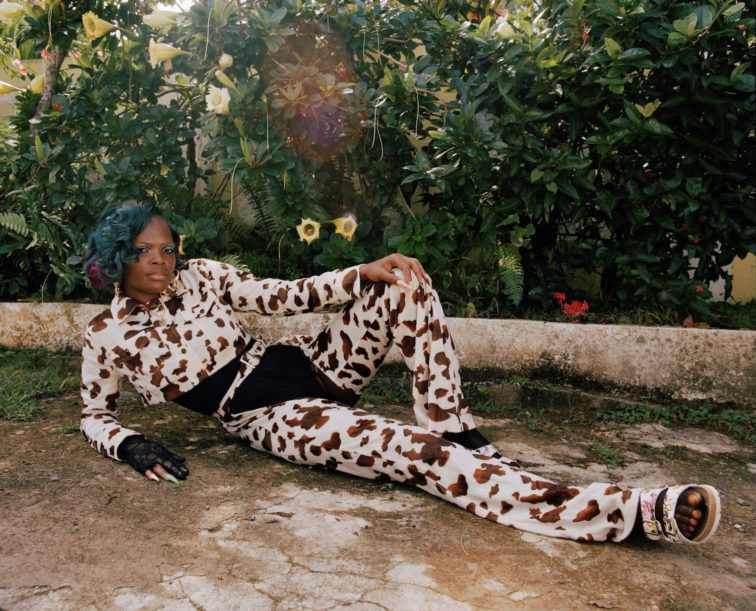
PHOTOGRAPHY NADINE IJEWERE, HAIR JAWARA
What was the process for casting and shooting the images when you were in Jamaica?
Jawara: The whole process was extremely organic in the sense that we had a plan, but a lot of it was ‘let’s go out there and feel it out, see what we feel’. There were certain places that I had in my mind and I’m sure Nadine had a few in her mind to, but I feel like a lot of the project was going down and feeling Jamaican and capturing it. It was kind of all planned, but not planned because Jamaica is one of those places that when you’re driving through it, you’re like ‘Wow that looks beautiful, let’s shoot there’.
What were some of the ideas and references you had for the hair?
Jawara: As far as the hair’s concerned, I wanted to do an ode to what I saw growing up in Jamaica. I didn’t want it to be a stereotypical thing though, lots of the styles we see in popular culture come from Jamaica and it’s never really been recognised.
I wanted to show different sides – the churchgoers, dancehall goers, and how different hairstyles work in each part of everyone’s life. You can tell a lot about who someone is or what someone does just by their hair in Jamaica, it’s such a strong part of identity.
You also shot some of the images in London, why was that an important counterpart to the ones taken in Jamaica?
Nadine Ijewere: So, we shot those images in southeast London with British-born Jamaicans. For us, what was important was to show both of our heritages. Jawara was born and raised in Jamaica, whereas I’m a British-born Jamaican, so we felt it was important to marry those two areas. We wanted to tell an all-round story and celebrate all Jamaicans.
Jawara: I grew up in Jamaica for the first part of my life and then New York for the later part, but with me living in Brixton now – an area with a heavily Jamaican populated community – I realised that within British culture there is a strong Jamaican diaspora and culture. It just made sense to marry the two because I’ve never seen that done before. We wanted British Jamaicans to feel proud too and have a sense of ‘Wow, this is for us too.’
“YOU CAN TELL A LOT ABOUT WHO SOMEONE IS OR WHAT SOMEONE DOES JUST BY THEIR HAIR IN JAMAICA, IT’S SUCH A STRONG PART OF IDENTITY” – JAWARA
What did you learn while working on Tallawah? Was there anything that surprised you?
Jawara: I’ve learnt that this project needs to happen – things like these need to happen more. When I was in Jamaica, and I was doing this, just the reaction of the people that we were shooting just made me realise ‘wow, there is not really much of these projects’. A lot of people who go to Jamaica exploit Jamaica, put them in movies, put them in videos. Some paint a bad picture of Jamaica. You know, a lot of people come to me asking ‘Hey I want to go to Jamaica but is it safe?’ It’s really, the reputation that people have, of Jamaica now. So I’ve learnt that a lot of these projects need to happen more, and just the importance of being able to give people a voice who don’t necessarily have a voice needs to happen as well. That’s what I’ve learnt from this project. And I’ve also learnt that when you do a project like this it can be quite expensive
Nadine Ijewere: I learned it can be expensive, but it’s worth it! I’m in that same sort of world that Jawara is speaking of. When I spoke about that woman earlier, I realised that nobody is doing projects like this that are celebratory. It’s our responsibility as creatives and having the access to do these things, to do them. We should be encouraging, celebrating, and like Jawara said, giving people a voice, because it’s important to see them for who they are.
Tallawah is open to the public Thursday 23 January – Saturday 1 February 2020 at Cob Gallery, 205 Royal College Street, London NW1 0SG. Entry is free and everybody is welcome.
source: dazeddigital.com

